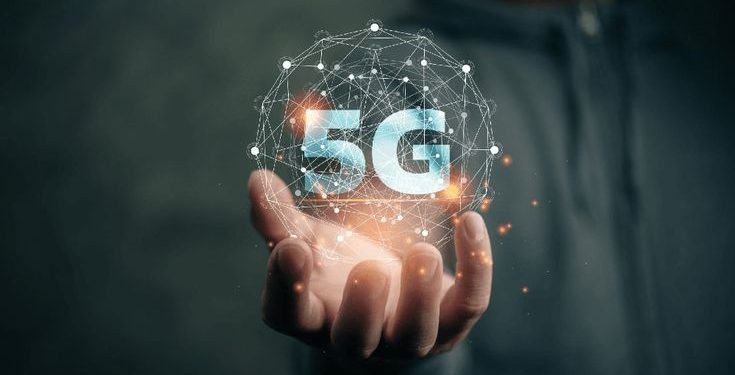Recent data released by the Nigerian Communications Commission (NCC) indicates a slight rise in 5G adoption, reaching 1.11% of all connections in January 2024.
President of the Association of Telecommunication Companies of Nigeria, Tony Izuagbe, highlighted the critical role of infrastructure in driving 5G adoption:
“The infrastructure available will determine if more people will push for 5G. You know it is a factor of demand and supply.” Izuagbe said.
Recall that the former president of Nigeria, President Muhammadu Buhari signed the National 5G policy in 2021, while explaining the objectives of the policy, he envisioned 5G to be the catalyst for economic growth.
He explained that the policy includes a deployment plan to ensure that major cities across the country benefit from 5G technologies and a platform for the creation of jobs that support our digital economy.
While 5G adoption saw a marginal increase from 1.04% in December 2023, the overall pace of growth remains sluggish. 2G subscriptions continue to dominate at 57.78%, while 4G subscriptions rose slightly to 31.75% in January 2024.
Experts attribute the slow uptake of 5G in Nigeria to challenges such as high equipment costs and inadequate infrastructure.
Meanwhile, International Telecommunications Union (ITU) said the reliance on older mobile technologies like 2G and 3G networks also contributes to the low 5G coverage rate.

































